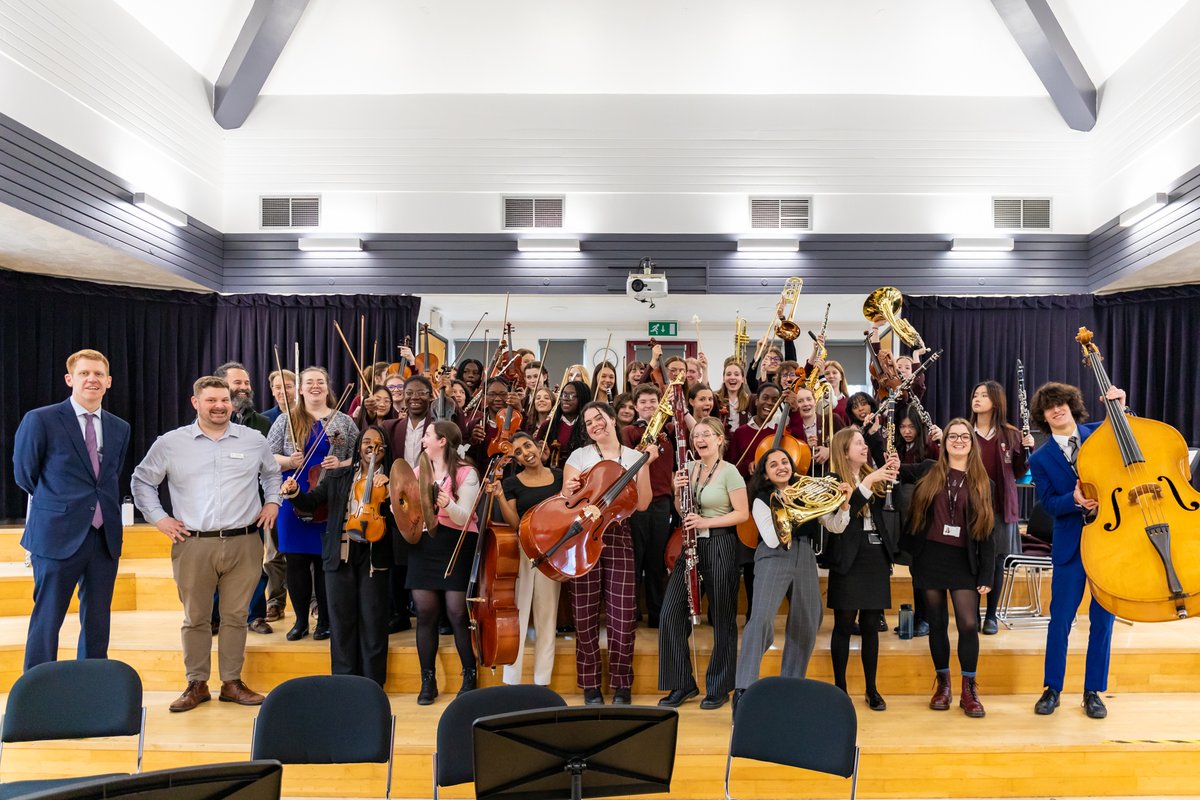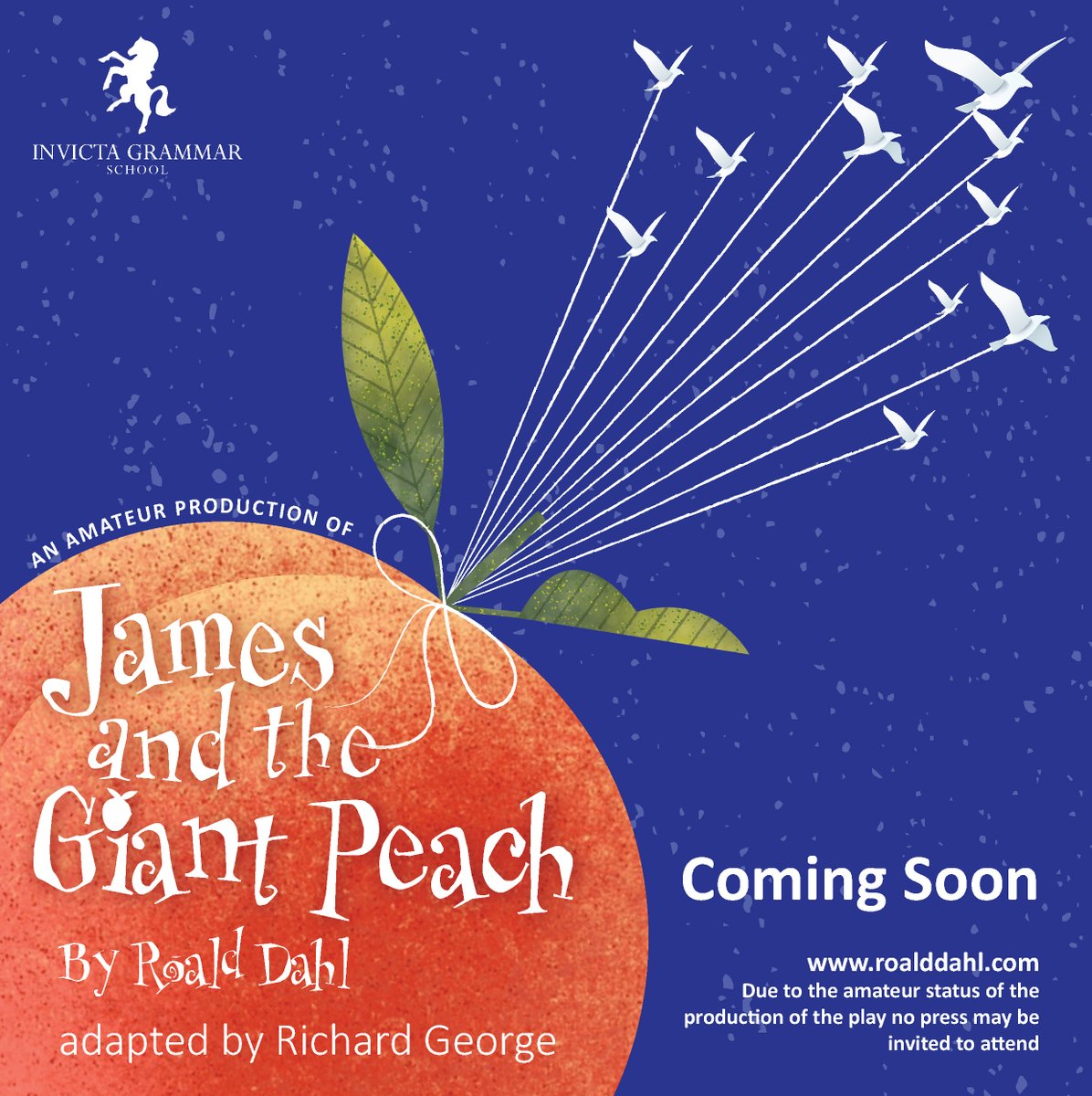Latest News
Women in Leadership
Name: Simone Kirkland
Role: Director / Garden Designer
Company: Francois Leaf Gardens Limited
A bit about you: I live in Weybridge, Surrey with my husband Anthony and my Border Terrier, Otto. I started my working life in the city working for financial and professional services firms. I built my career primarily in the Human Resources field, studying hard for my professional qualifications with the Charted Institute of Professional Development. After 15+ years of working for highly respected corporate firms, I decided that it was time for a change. At school I loved art, technical drawing and the more practical lessons but at the time I didn’t know how I would use them when I left school. While working, I did some short courses on garden design and bingo! I finally found a career that would combine all of my talents. After volunteering at an award winning, Grade I listed landscape garden, I became a full time landscape gardener and started to study for my Royal Horticultural Society (RHS) exams (and still am to this day). This led me to the wonderful world of garden design and in 2019, I launched my own garden design business.
What is it like working in your company? My company is called Francois Leaf and as the only employee I do everything! I am the principal designer, the head of sales, a client manager, an accountant, the administrator, a marketer, the website developer, a purchaser, a project manager and I make the tea! With lots of clients in various locations, my work is varied and no two days are ever the same. If I was to try and describe a normal day, it would normally involve spending my morning working on prospective designs for client gardens. I usually hand draw my ideas first and then move them into a Computer Aided Design (CAD) system (e.g. SketchUp or Vectorworks) to work up a 2D visual of the proposed design. If the design has already been finalised, I then use the same software to draw up construction drawings so that the landscape contractors / builders know what to build. It is very detailed and needs to be accurate! In the afternoon, I will don my hard hat and boots and visit a client site, meeting with the landscape contrators / builders to trouble shoot any construction issues or meet with the clients for a progress update. If the build is nearing completion, I visit the wholesale nurseries to select plants and trees for the new garden. The plants and trees are usually planted at the very end of the project – this part is the most exciting as the plants really do bring the garden to life. In the evenings, I will usually meet with my clients (either in person or on Zoom) to present ideas or do discuss ongoing projects. There is never a dull moment in the world of garden design.
Why did you decide to go into your chosen field? Although I loved my work in the city, I craved creativity. It is incredibly exciting being able to take a garden (usually overgrown or lacking in interest) and transform it into somewhere where people want to spend time. The horticultural sector is not just about gardening – it is a vast network of very talented people and you never stop learning.
What qualifications and work experience did you need to reach your current position?
Qualifications - I obtained my Level 2 RHS qualitification at Capel Manor in Regents Park. To work in horticulture it is not essential to study but the RHS qualifications provide you with a solid platform on which to build upon. To become a qualified garden designer, I studied at the London College of Garden Design at The Royal Botanical Gardens at Kew. The course was tough but it taught you everything you needed to know to start designing gardens. Finally, I am a pre-registered member of the Sociey of Garden Designers (SGD). The SGD are the professional body for garden designers and to become a full member, you need to go through a rigourous process of three adjudications. The adjudications comprise of a panel of garden design experts who critique your work to ensure that you are a competent designer. I am preparing for my adjudications now – wish me luck!
Work Experience - My time as a Landscape Gardener was essential. It gave me practical skills (including how to drive a tractor) and it also gave me a head start on working with plants. Based on my previous life in HR, I sometimes joke that plants are a bit like people; they just take a bit longer to let you know that they are not happy! To become a garden designer, you don’t acutally need to know a lot about the plants or even know how to garden but it certainly helps if you do.
What do you enjoy the most about your job? I love the variety and the fact that I am my own boss. The career change has certainly given me the creativity that I craved but the job continues to utilise all my skills from working in the city. Although working independently, I do get to work with lots of people (e.g. other designers, nurseries, landscape contractors) who all work together to produce beautiful gardens. The plus (and sometimes the minus) is that I get to work outside a lot – great when its sunny but not always great when it is pouring with rain.
What obstacles have you overcome in your career? The biggest obstacle was re-training in a completely diffent sector – and learning all those latin plant names. That said, when you have a passion or strong interest for something, it isn’t so hard. Your natual inquisitiveness kicks in and it becomes a pleasure rather than something you need to do.
Why do you think it is important to have a strong female representation in your industry? Horticultural world has traditionally been a male dominated environment. This is changing, but slowly. The sector has, thankfully, a healthy representation of females but their voices need to be heard and they need to feel empowered to take a stand in the sector. By increasing the profiles of talented females in the sector, more will be encouraged to step up and provide the much needed representation.
What advice would you give those wanting to take a similar career path? Keep drawing, painting and developing your creative talents. Creatvies tend to be inquisitive people and source inspiration from the most unexpected places.
Learn about plants, trees, habitats, ecosystems, how things are built – get interested, ask lots of questions. Dream and design landscapes and gardens. Ask your school to enter into RHS competitions to design a school garden!




























